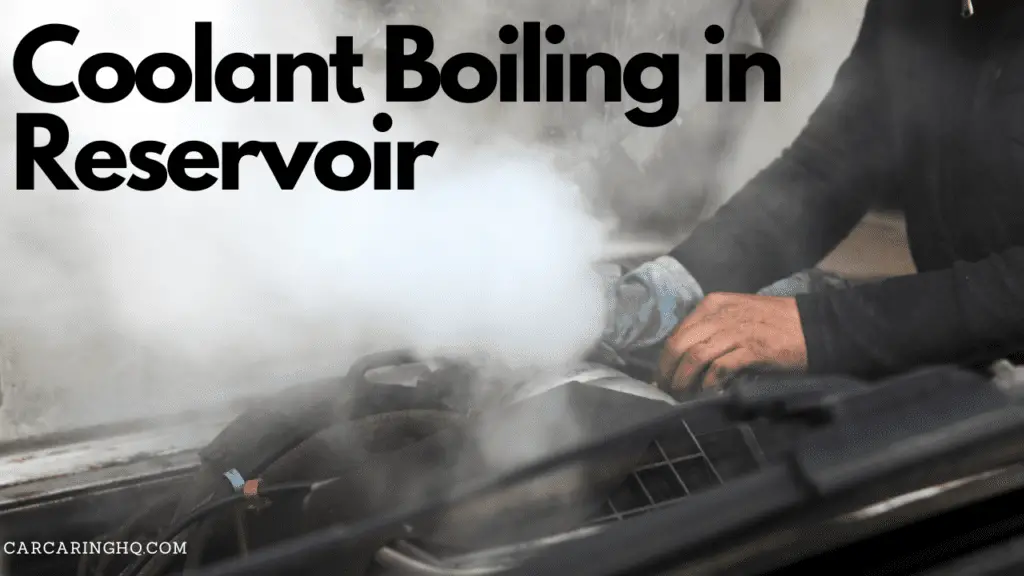As environmental awareness continues to grow, many individuals are seeking ways to minimize their impact on the planet. This concern extends to various aspects of daily life, including vehicle maintenance.
When it comes to engine oil, the choice between conventional and synthetic oil raises questions about their environmental impact. In this article, we’ll explore whether synthetic oil is indeed better for the environment and the factors you should consider when making this choice.
Table of Contents
Understanding Synthetic Oil
Synthetic oil is chemically engineered to provide enhanced lubrication and protection for modern engines. It is created through a complex process that involves refining and purifying base oils and then adding specially formulated additives.
Synthetic oil offers several advantages over conventional oil, including better performance in extreme temperatures, reduced engine wear, and improved fuel efficiency.
The Environmental Perspective
1. Reduced Dependency on Crude Oil
Advantage: Synthetic oil is often manufactured using a combination of highly refined base oils and additives, which can reduce the dependency on crude oil. This can lead to a lower demand for crude oil extraction, contributing to a reduction in overall environmental impact.
2. Extended Oil Change Intervals
Advantage: Synthetic oil generally has a longer lifespan and can withstand higher temperatures without breaking down. As a result, it often allows for longer oil change intervals compared to conventional oil. Longer intervals mean less frequent oil changes, reducing the overall consumption of oil and waste.
3. Engine Efficiency
Advantage: Synthetic oil’s superior lubrication properties can lead to improved engine efficiency and reduced friction. An engine operating efficiently requires less fuel to achieve the same level of performance, leading to lower emissions and reduced fuel consumption.
4. Reduced Engine Wear
Advantage: Synthetic oil’s ability to provide better protection against wear and tear can extend the lifespan of the engine components. A longer-lasting engine means fewer parts needing replacement and reduced demand for manufacturing new parts.
5. Energy Consumption in Production
Consideration: The production of synthetic oil involves more complex refining processes compared to conventional oil. While synthetic oil can offer long-term benefits, the energy consumption and emissions associated with its production might be higher.
However, these emissions could be offset over time due to the extended oil change intervals and improved engine efficiency.
Balancing Factors
While synthetic oil offers several environmental benefits, it’s essential to consider other factors:
- Cost: Synthetic oil is generally more expensive than conventional oil. While the extended oil change intervals can offset this cost to some extent, the initial investment might be a consideration.
- Vehicle Compatibility: Not all vehicles require synthetic oil. Consult your vehicle’s owner’s manual to determine the recommended oil type.
- Recycling and Disposal: Proper recycling and disposal of used oil, whether conventional or synthetic, are crucial to minimizing environmental impact. Ensure that used oil is collected and disposed of appropriately.
Conclusion
While the environmental benefits of synthetic oil are notable, the overall impact depends on various factors. Synthetic oil’s reduced dependency on crude oil, extended oil change intervals, and potential for improved engine efficiency contribute to its positive environmental profile.
However, it’s important to consider factors like energy consumption during production and proper recycling practices. If you’re looking to make an environmentally conscious choice, consider consulting with professionals or mechanics who specialize in eco-friendly vehicle maintenance.
Ultimately, selecting the right oil for your vehicle involves balancing environmental considerations with vehicle requirements and personal preferences.







